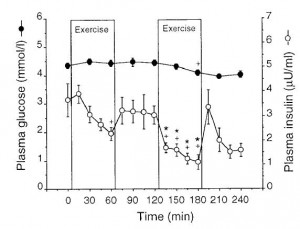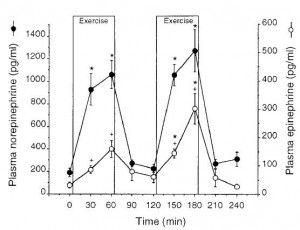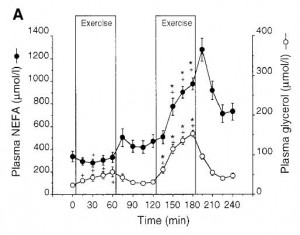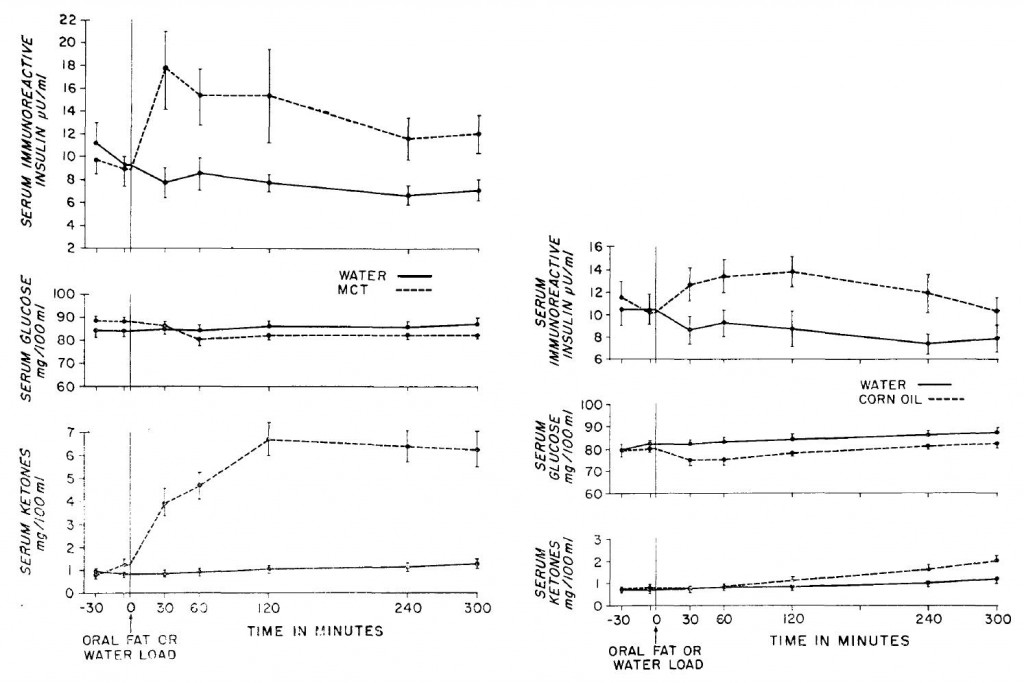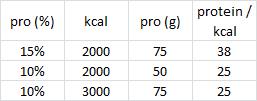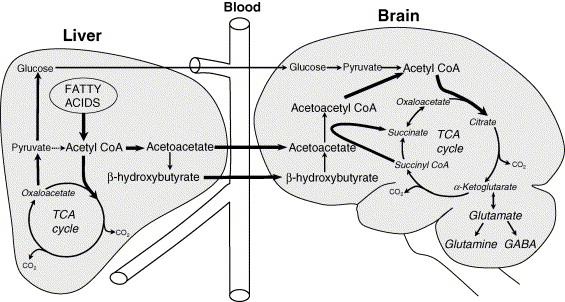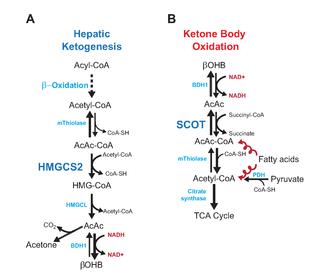From Slate: “Sausage made with bacteria from baby poop isn’t as gross as it sounds.”
and my favorite: “Pooperoni? Baby-poop bacteria help make healthy sausages.”
Much ado about: Nutritionally enhanced fermented sausages as a vehicle for potential probiotic lactobacilli delivery (Rubio et al., 2014)
The media seems to have missed the ball, but not by far. They focused on healthy microbes being incorporated into fermented meats, whereas the scientists seemed to want to make a “healthier” low-salt, low-fat sausage.
The low-salt part seems to partially make sense from a fermentation-perspective: using probiotics instead of salt to reduce the potential for pathogenic microbial contamination. However, I doubt reducing the sodium by 25% will have any appreciable impact on health outcomes. The effect of adding beneficial microbes, on the other hand, might.
They also mentioned making it lower in fat, but that doesn’t make as much sense; I don’t think there’s a big contamination risk of having a higher fat content. #lipophobia

